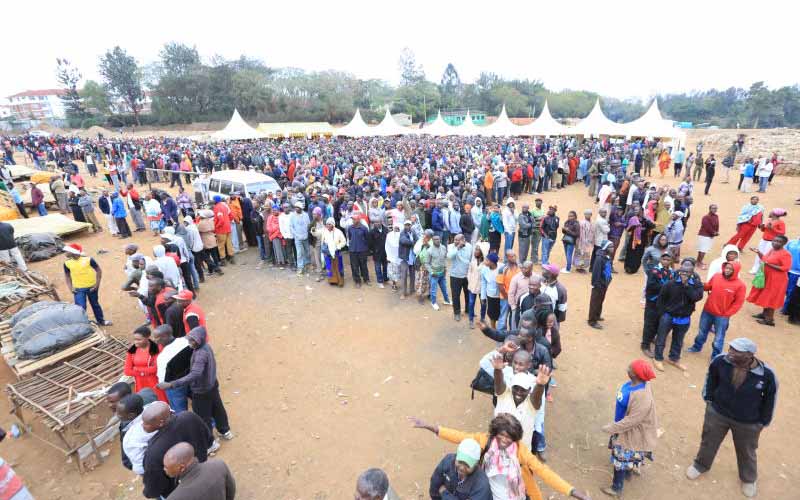×
The Standard e-Paper
Kenya’s Boldest Voice

Francis Fukuyama in his book The End of History said after the French Revolution, liberal democracy has repeatedly proven to be a fundamentally better system (ethically, politically, economically) than any of the alternatives.
What Fukuyama means, simply, is that this western form of democracy will last for many centuries to come but there shall be challenges here and there. One of the challenges of democracy is the capacity of the voter to make the right choices.